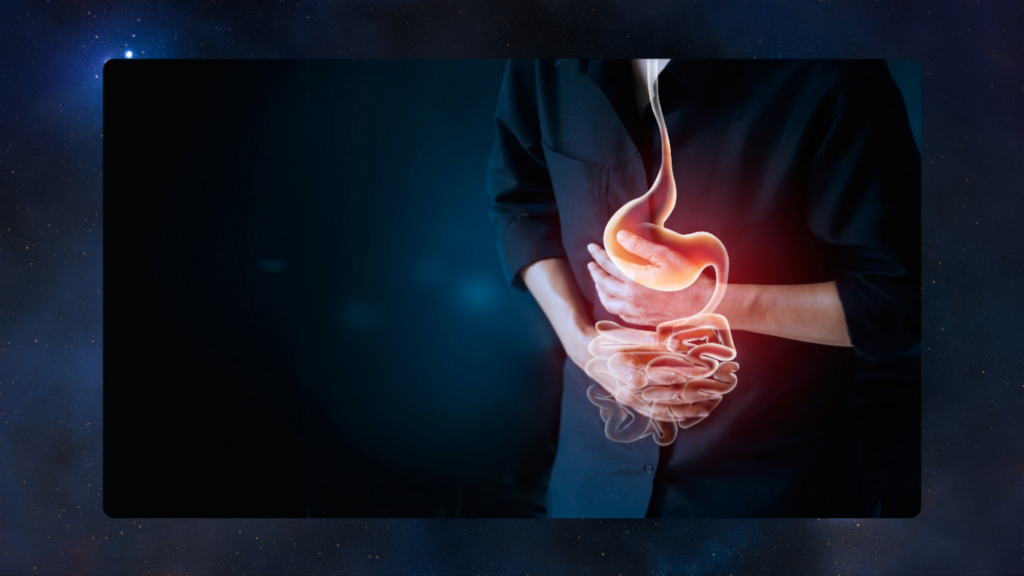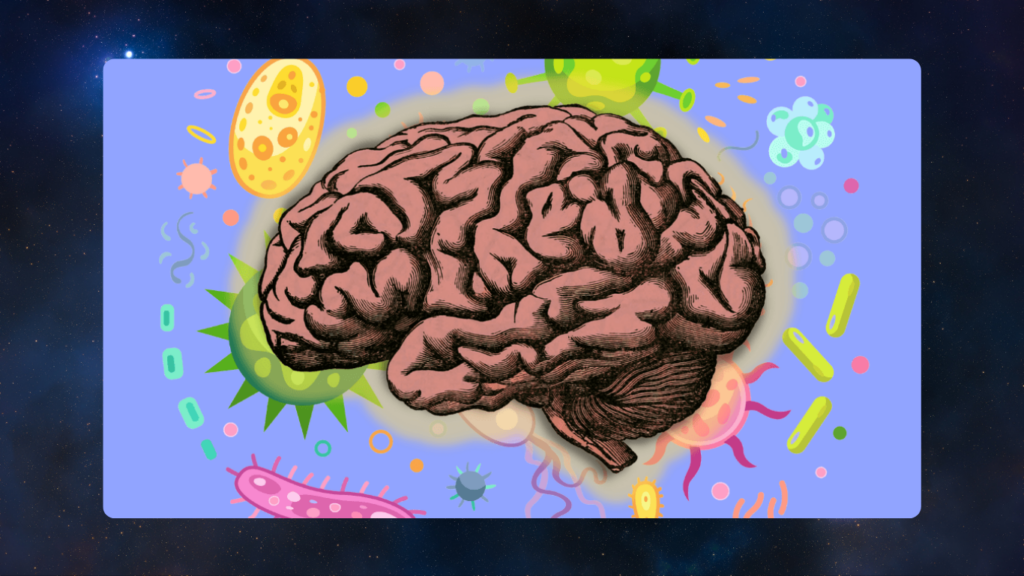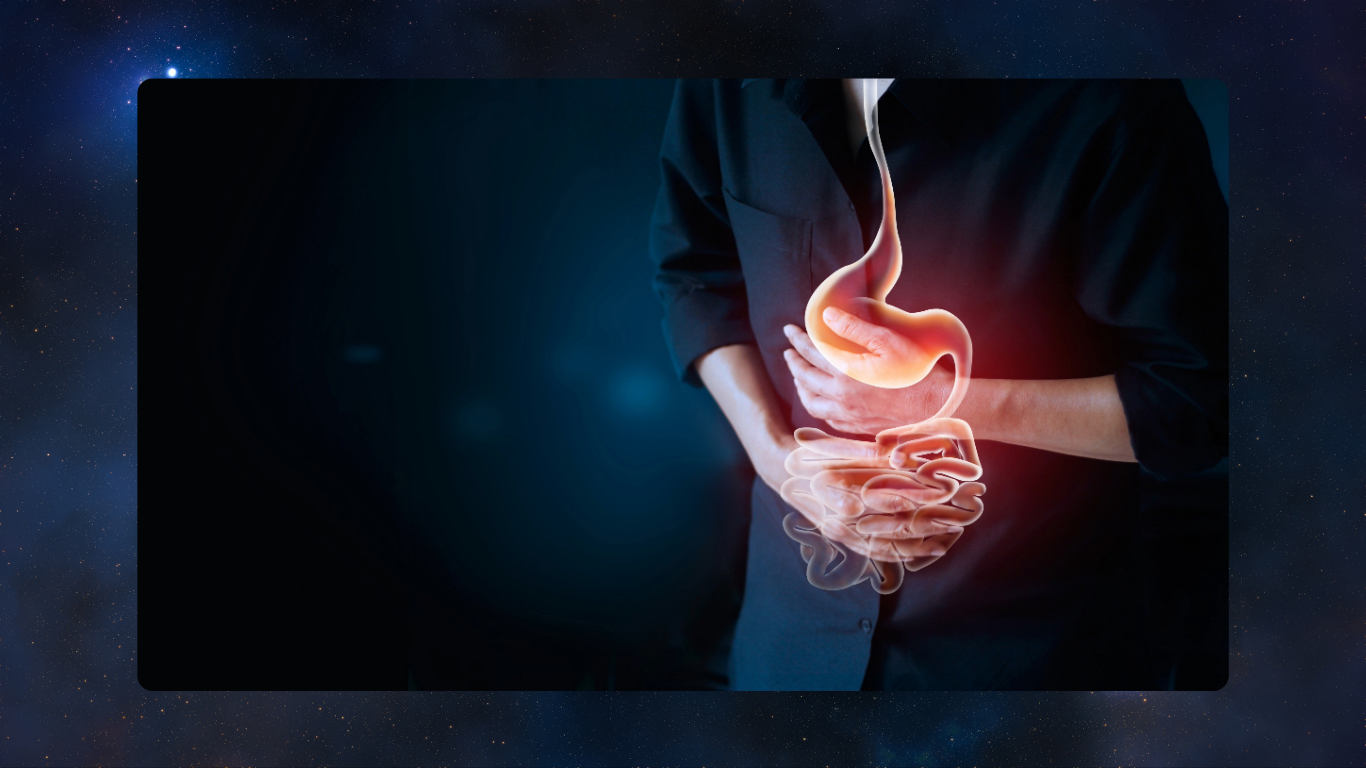Now, a team of researchers from the Karolinska Institute in Sweden has uncovered a molecule that could solve a long-standing problem in gut and cancer treatment. It not only heals damaged gut tissue but also suppresses cancerous tumors. Enter liver X receptor (LXR), a protein that could revolutionize treatments for inflammatory bowel disease (IBD) and colorectal cancer.
Bridging IBD and Cancer Treatment

IBD and colorectal cancer may seem like separate issues, but they’re closely linked. People with IBD, like Crohn’s disease or ulcerative colitis, often take immunosuppressants to reduce inflammation. Unfortunately, these medications don’t work for everyone and can cause side effects.
At the same time, cancer treatments like chemotherapy and radiotherapy can harm the delicate lining of the gut. Encouraging cell growth to repair this damage risks feeding cancer cells too. That’s where LXR steps in, carefully balancing regeneration and tumor suppression.
LXR’s Dual Powers
LXR acts like a biological switch with two incredible abilities:
- Healing the Gut: When your intestines need repair, LXR turns on the production of amphiregulin, a molecule that promotes the growth of healthy new cells.
- Fighting Cancer: Amazingly, LXR also helps your immune system keep tumor growth in check.
“Healing tissue without triggering tumor growth has always been a huge challenge because cancer cells often hijack the body’s repair processes to grow uncontrollably,” explains Srustidhar Das, a stem cell biologist at the Karolinska Institute. “This molecule could change the game.”
Cutting-Edge Research

The discovery of LXR’s powers wasn’t a fluke. Researchers used advanced tools like RNA databanks, spatial transcriptomics, and 3D organoid models—tiny replicas of human gut tissue—to map how LXR controls gene expression. They found that LXR switches on specific genes during gut repair while also keeping tumor cells in check.
What This Means for Patients
For people with IBD or undergoing cancer treatment, LXR could be a game-changer:
- It could help IBD patients heal faster and feel better without the risks of current treatments.
- Cancer patients could avoid chronic bowel issues caused by chemotherapy or radiotherapy.
- It offers hope for safer, more effective cancer treatments by boosting the immune system’s ability to fight tumors.
The Future of Gut and Cancer Care
This discovery opens new doors in medicine, offering a way to heal the gut without feeding tumors. As researchers continue to explore LXR, the hope is to develop targeted therapies that improve lives without compromising safety. With time and effort, LXR might just become the key to tackling two of the most challenging health issues we face today.
A Long Road Ahead
While the potential is exciting, turning this discovery into a practical treatment will take time. “This
therapeutic molecule could benefit both IBD and cancer patients,” says Eduardo J. Villablanca, an immunologist at the Karolinska Institute. “But we’re still in the early stages of drug development.”
Your intestines work tirelessly every day, facing wear and tear as they help digest food. To keep up, they’re constantly renewing their lining. But here’s the catch—the same pathways that repair your gut can sometimes trigger uncontrolled cell growth, leading to tumours.

Subtly charming pop culture geek. Amateur analyst. Freelance tv buff. Coffee lover
